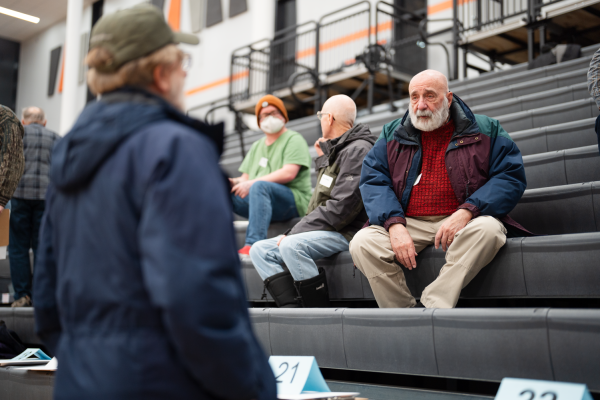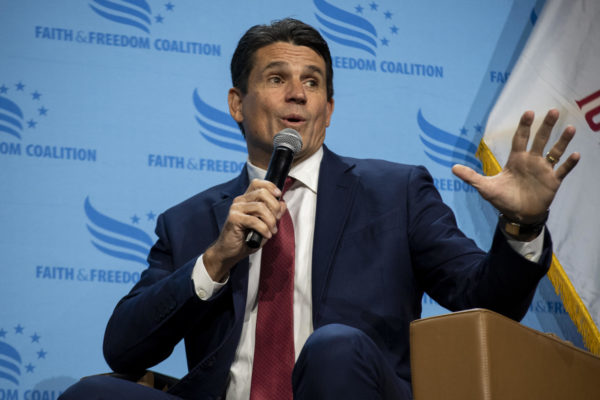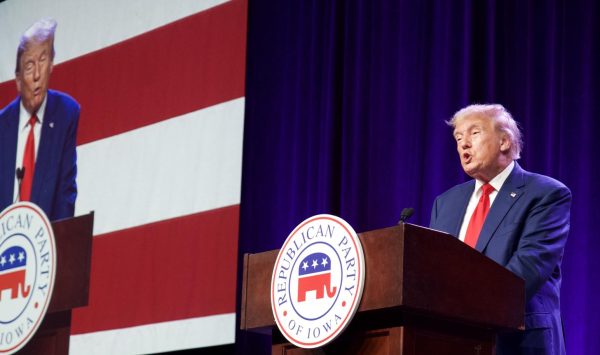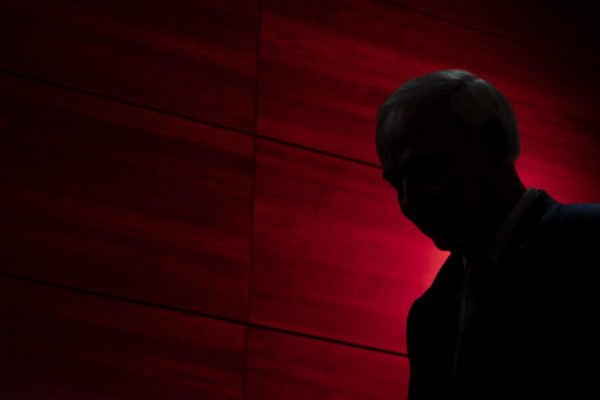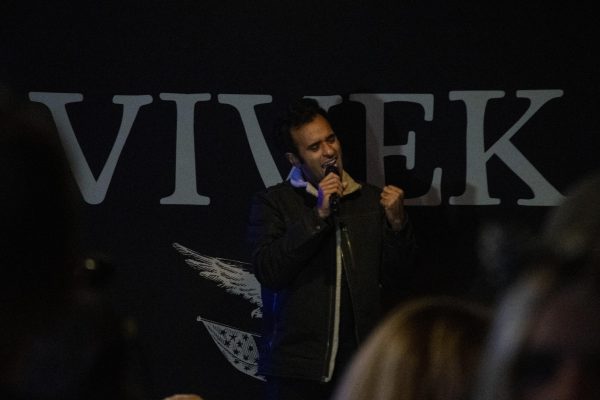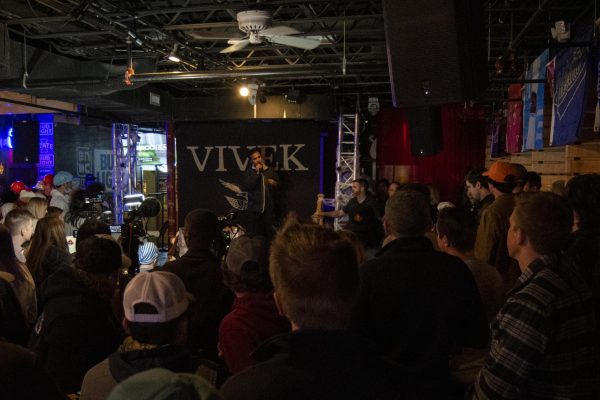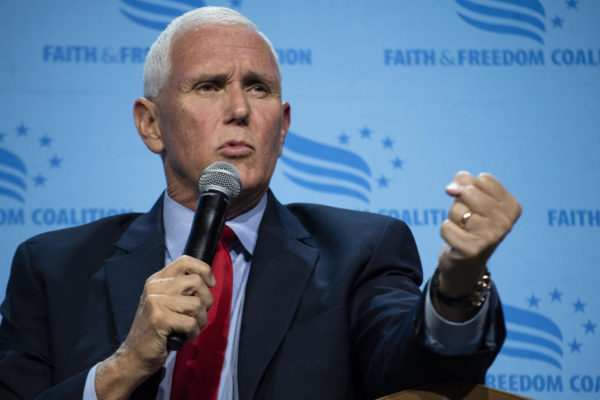JFK tapes show he worried about re-election, Vietnam
January 24, 2012
(CNN) — Shortly before his death in 1963, President John F. Kennedy was worried about how he would come across to young voters at the 1964 Democratic Convention.
“What is it that we can [do to] make them decide that they want to vote for us, Democrats and Kennedy — the Democrats not strong in appeal obviously as it was 20 years ago. The younger people, party label — what is it that’s going to make them go for us. What is it we have to sell them? We hope we have to sell them prosperity but for the average guy, the prosperity is nil. He’s not unprosperous but he’s not very prosperous; he’s not going make out well off. And the people who really are well off, hate our guts,” Kennedy says in a recording released Tuesday by his presidential library and museum in Boston.
The library on Tuesday released the final 45 hours of more than 248 hours of meeting conversations the president had recorded during his time in the White House. The latest tapes cover some the final discussions Kennedy had before his November 1963 trip to Dallas, where he was killed by an assassin’s bullet on November 22.
Recordings of some of the last political discussions of President John F. Kennedy were released Tuesday by the JFK Presidential Library and Museum in Boston.
Besides the message Kennedy planned to relate at the ’64 convention, he was worried about how it would be presented, wondering if films that would be shown could be in color, according to the tape made on November 12, 1963.
“Should they be made in color?” he asks on the tape. “They’d come over the television in black and white. I don’t know if maybe they’d come over the NBC one in color. Probably a million watching it in color and it would have an effect. I don’t know how much more expensive it is. Be quite an effect on the convention. The color is so damn good. If you do it right.”
Recordings made on September 10, 1963, deal with what was then a civil war in Vietnam. Two advisers, one military and one diplomatic came back with divergent views on what was happening there.
“The Viet Cong war will be won (by the United States) if the current U.S. military and sociological programs are pursued,” Gen. Victor Krulak said.
But State Department adviser Joseph Mendenhall doesn’t have the same optimism.
“The people I talked to in the government when I asked them about the war against the VC, they said that is secondary now — our first concern is, in effect, in a war with the regime here in Saigon. (pause). There are increasing reports in Saigon and in Hue as well that students are talking of moving over to the Viet Cong side,” Mendenhall said.
To which Kennedy replied: “You both went to the same country?”
Later in the meeting adviser Rufus Phillips tells Kennedy what many would say later when support for the war soured as U.S. casualties mounted.
“When someone says that this is a military war, and that this is a military judgment. I don’t believe you can say this about this war. This is essentially a political war…for men’s minds,” Phillips said.
In a November 8 meeting, Kennedy and Defense Secretary Robert McNamara discuss Adm. Geroge Whelan Anderson, who was chief of naval operations during the Cuban Missile Crisis.
McNamara tells Kennedy that Anderson came up in a discussion McNamara had with Adm. Hyman Rickover.
“I talked to Rickover in connected with this nuclear carrier and while we were discussing it, he said, ‘You know that Anderson was absolutely insubordinate during the Cuban crisis. He consciously acted contrary to the president’s instructions. I just thought you’d be interested. Rickover told me 10 days ago.”
“I wonder what he means?” Kennedy said.
“Rickover said enough to let me know that Anderson was objecting to the instructions that you and I were giving relating to the quarantine and the limiting of action in relation to stopping the Russian ships,” McNamara replied.
“He wanted to sink a ship,” Kennedy said.
“He wanted to sink a ship. That’s right,” McNamara replied.
The last of the recordings comes on November 20, two days before Kennedy was killed. In it, he makes plans for the week after his trip to Dallas.
“They were going to have a briefing book for me by Saturday. I think I ought to be back here til maybe 7:00, then I have to see Cabot Lodge on Sunday and then have to get in touch with him on Monday. So you ought to have something to take to Texas with me,” Kennedy said on that final tape.
The library says Kennedy deliberately made the recordings – mostly from the Oval Office and the Cabinet room – but without any apparent pattern. Not all meetings were recorded, the library said.
The existence of the tapes has been known since 1973, and they were first opened to public research 10 years later, the library said.
“Although on the one hand releasing the final recordings is a bittersweet milestone, on the other, we hope that the public will appreciate having the opportunity to hear these important discussions first hand,” library archivist Maura Porter said in press release. “The presidential recordings are an historical treasure for those interested in truly feeling like a participant during Oval Office discussions from this time period. No other avenue can present the facts quite like listening to the players themselves.”







